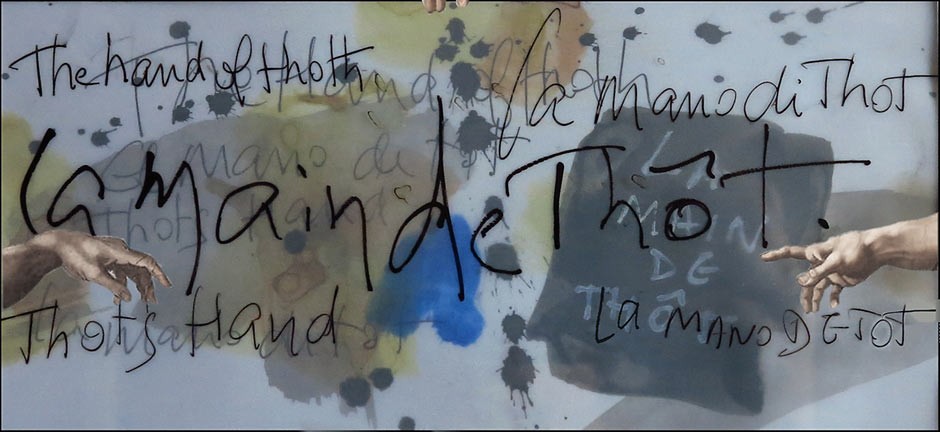Gender and translation: Call for papers La main de Thôt
The heading of this call for papers for the first issue of the e-journal La main de Thôt (publication May 2013) places it firmly within an epistemologically rich research area that intersects several fields: translation studies, gender studies and cultural studies.
Gender identities are unstable, shifting constructs; making sense of them means being attentive to social, cultural, political or geographical constraints, to division within languages, to hegemonic territorial strategies.
Language and translation have historically been spaces for resistance and assertion of identity. The translation process, with the choices it involves, can foreground cultural and gender issues by offering scope for strategies that challenge the norms and standards of the prevailing social or political environment. In this sense translation becomes a site for ‘trans-gression’, metaphorically enacting positive identity politics. It may equally foreground division within and between languages, and the constructed, sometimes purely imagined representations of the Other. Translation can also be a way to set underlying (binary) oppositions in tension and blur the boundaries between sex and gender, between the cultural and the political, but also between creation and reproduction.
Several different lines of inquiry are possible, although this list is clearly not an exhaustive one:
1. the idea of boundaries as a metaphor for translation (cultural hybridity and diversity entail the recasting of social, cultural and sexual boundaries);
2. gendered translation, censorship and self-censorship (subverted or codified language and repression);
3. sexual identity and translation (the self-disclosure inherent in the act of translation as inseparable from the translating subject);
4. the body in translation (textual and visual (sign language) embodiment, engaging with the sexualised body);
5. gender, the power of language and the language of power (language as an instrument of domination or a source of empowerment).
Papers may be written in any of the journal’s 5 languages (English, French, French sign language, German or Spanish). Articles are to be submitted by 30th january 2013.
